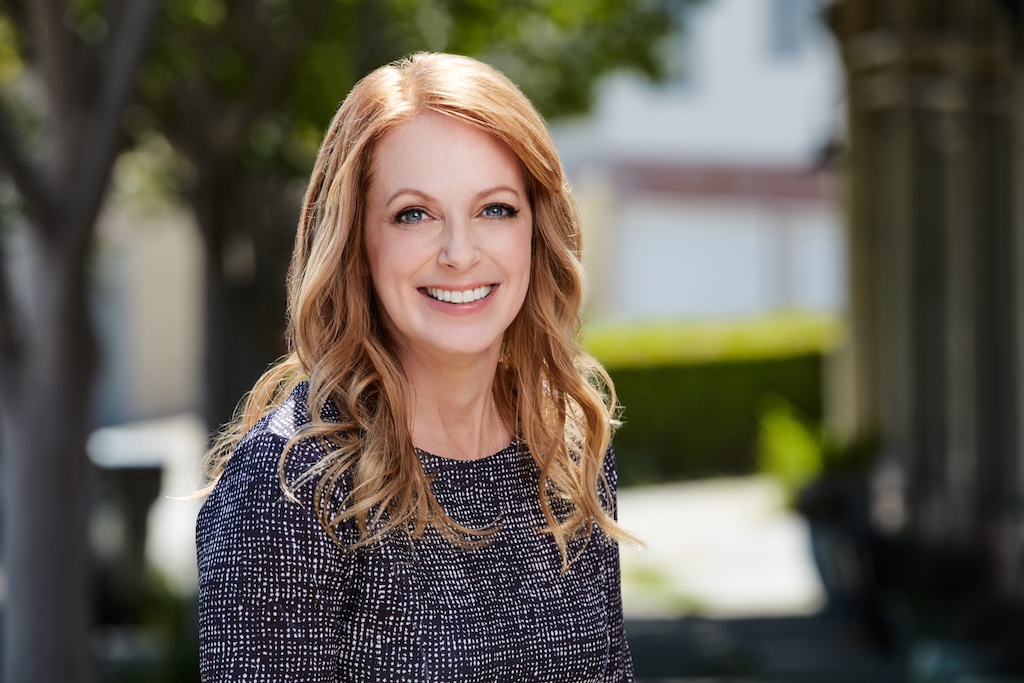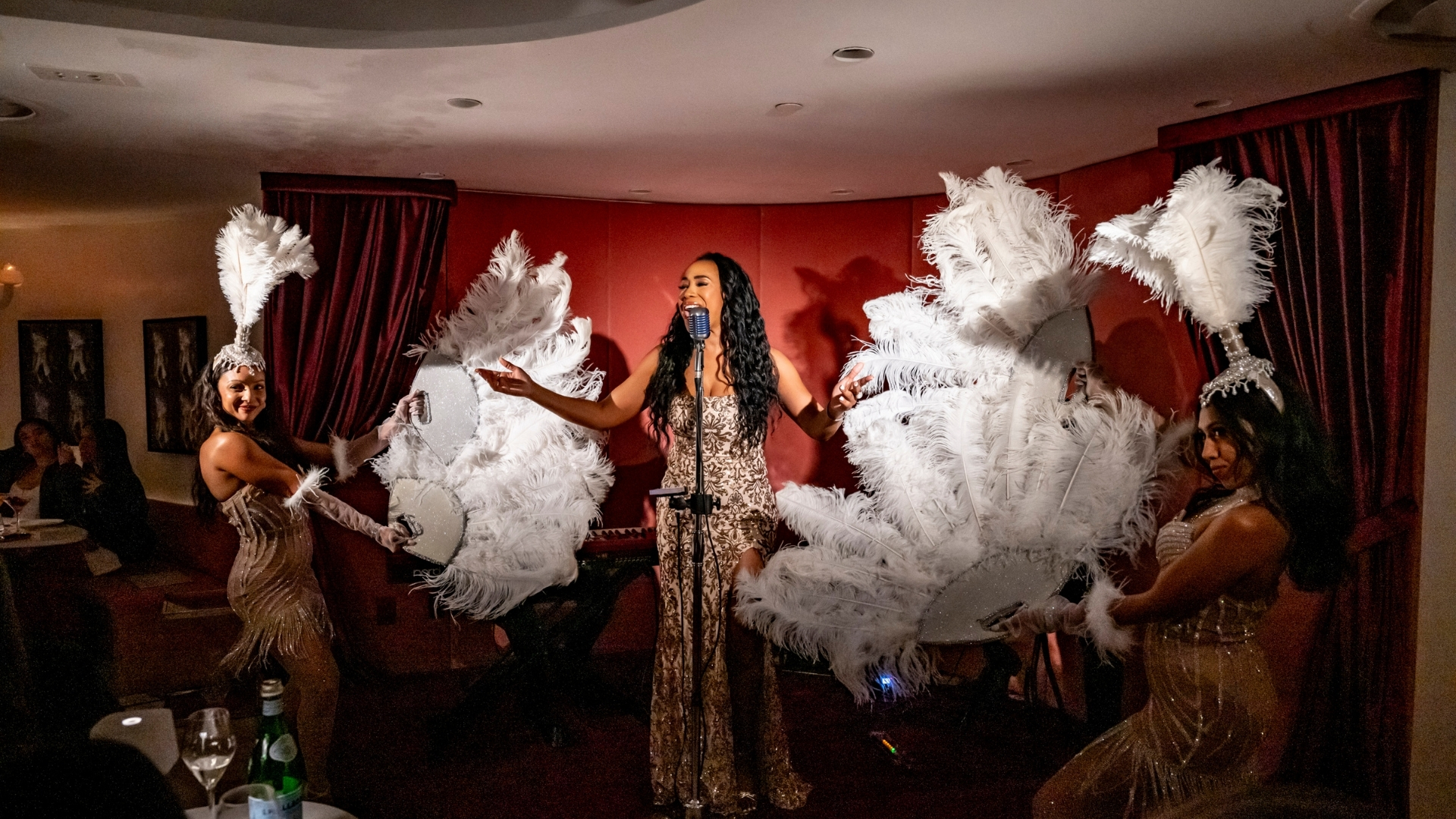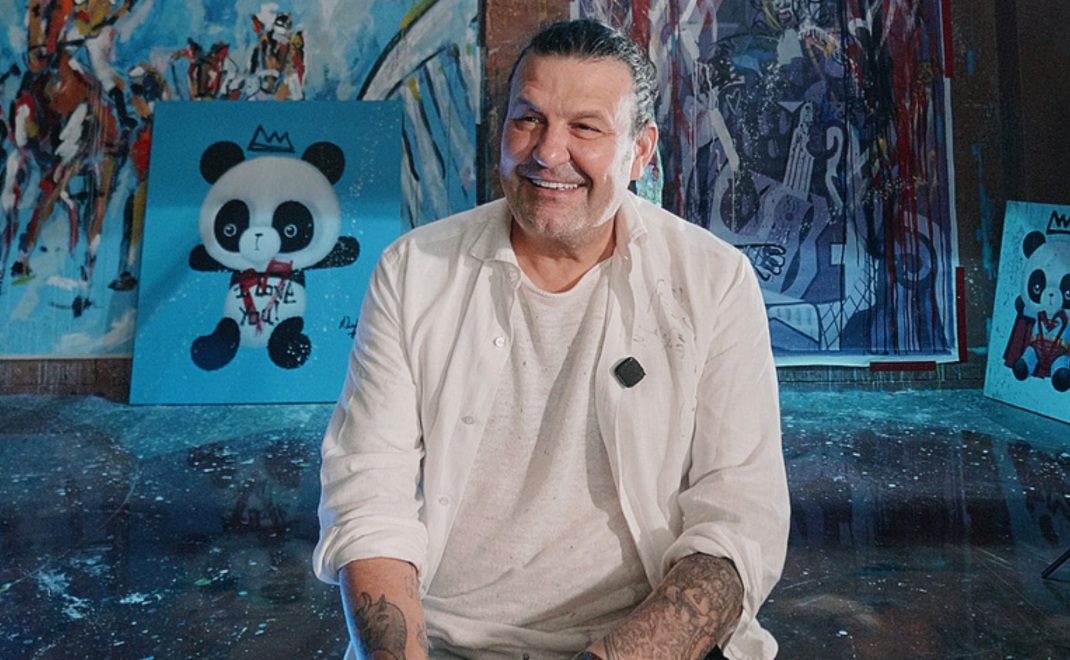Kimberly Williams: The Former Diplomat Leading The Charge Against Workplace Bullying

There is a terrible new phenomenon in US workplaces, and its effect on workers is largely overlooked by those meant to be worker advocates. Executives get a free pass, and human resources departments are under pressure from above to ignore or bury the problem. Meanwhile, workers are suffering such profound impacts that the definition of PTSD has been expanded to include them.
It is a problem that so many have faced at some point in their lives, but nobody should have to deal with it in their place of employment: bullying. Bullying is so intense that Kimberly Williams has made it her mission to upend the climate enabling it. Her best tools are those most familiar to workers who suffered executive abuse and were let down by their human resources departments: laws and lawsuits.
Kimberly has more experience than most in negotiating difficult situations and turning legalese to her advantage. She is a former diplomat, well-learned in how to deal with challenging egos. However, she has also worked with enough people of high integrity to expect better from executives and people in positions of responsibility. Kimberly also worked as an HR chief, facing bullying from a higher executive. She knows from experience all the tools of oppression and sources of pressure that come with it, the fear, the workplace mobbing, and she knows that prevailing advice about bullying was unhelpful to her.
“When I was bullied at work,” Kimberly says, “I felt like my life was in danger.” It was terrifying to her to have her livelihood threatened, and as a single mother, she could not imagine what it would be like to struggle to find work while unable to support her daughter. She was a vulnerable target, newly hired and with no fallback plan, and an executive took advantage of that. “I don’t want this happening to others, and I know it’s happening to millions.”
Facing that bully was one of her greatest challenges; Kimberly had to be careful, but she also had to be decisive. She pressured her board to take action, but they refused. “I had to document everything and pepper them with discoverable emails to force them to act. And in the end, I still needed a lawyer.”
Getting others to acknowledge problems like this remains a challenge, even as pervasive as it is proven to be. When asked if Kimberly considers herself a leader in this fight, she says, “Yes, mostly because no one else talks about it.” With bullying executives holding so many workers in fear and HR departments enabling them, it is difficult to get workers to open up about their experiences.
Kimberly is, therefore, taking the fight to US employers herself. With her experiences, she knows what works and what does not. She knows the most effective tone in calling out behavior, what she needs to describe in writing, what policies to cite, and how powerful it can be to set a company up for liability.
“I also learned that outside investigators tend to get a lot right and aren’t afraid to document wrongdoing.” Being an advocate for others is simpler than being an advocate for herself, though she also says that companies have unique ways of side-stepping any wrongdoing and that the laws on her side are “pretty weak.” Still, she knows what it takes. She says, “HR can help. If they don’t, there are ways to motivate them and the bosses above them.” Kimberly knows those ways.
Furthermore, Kimberly’s advocacy is having a lasting impact. “I am most excited about increasing accountability,” she said in a June interview with HR Brew. “For years, employees have come forward with complaints, and dozens of new laws are changing the labor and employment landscape in ways that will protect people at work.” It is the kind of change Kimberly is working on. It is driven not just by her legal pressure on abusive executives and their companies but also by her advocacy for better HR practices and her efforts to spread awareness to workers of their rights in the workplace.
Today, Kimberly is the Vice President of People at Walker Advertising. She is a writer and a speaker addressing culture in the workplace and how it can be transformed for the better, and she is an advocate working hard to upend toxic power plays by executives and ineffective HR departments across the US. With her experience and tenacity, Kimberly is helping people hold their employers accountable and improve their situations. She is bringing consequences to those abusing or enabling executive abuse of workers.
Kimberly looks forward to a future where people are more willing to talk about their experiences and help one another, where true accountability is possible. She believes the workplace culture in the US is at a tipping point. Kimberly is the expert who would know best where that tipping point is and the advocate doing the most to push workplace culture in that direction.
Written in partnership with Shannon Sparks












